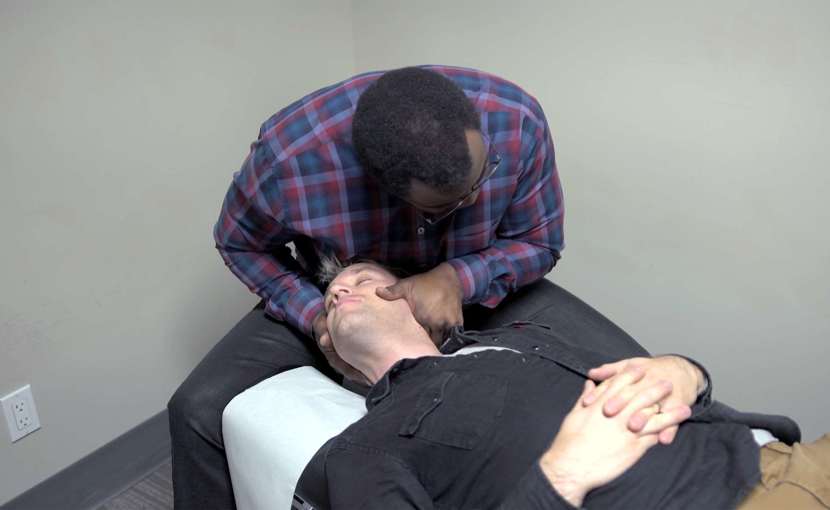Alis work personalities are based on Holland’s theory. It identifies 6 personality types: Realistic, Investigative, Artistic, Social, Enterprising, and Conventional. People with similar personalities and interests will tend to pursue similar careers. They are likely to create work environments that are favourable to their type.
Most people will identify with 2 or 3 dominant personalities. If the occupation’s personalities match your more dominant types, this occupation is more likely to be satisfying and rewarding to you.
This Occupation’s Work Personalities lists the personalities most likely to be found in that occupation. They are listed in order of importance, with 1 as the most important.
Your Work Personalities shows where the occupation’s personalities rank within your test results. Rank 1 is your most dominant type and 6 is your least dominant.
Learn about work personalities



